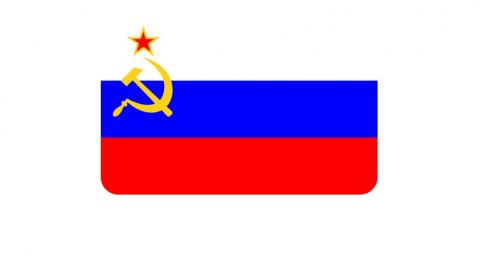
According to the Russian propagandist site, RT.com, Russia is set to require payments for oil in Rubles from any country that participated in sanctions against them. Further, it is reported that Russia and India have agreed to conduct transactions for trade on the Russian-created SPFS system rather than using the USD-based SWIFT exchange.
For the last several years, Russia has been unwinding its USD-denominated positions. It is clear they do not plan on using the USD going forward. This is the first large oil producer and international economic power to go on strike against the USD. In my opinion, the significance of Russia embarking on this monetary policy cannot be overstated.
Ever since the FED and Saudi Arabia entered into the Petrodollar arrangement in the 1970's, the US has been able to export considerable inflation. Since our trading partners have always had to have USDs to buy oil, they were more than happy to accept our dollars in exchange for their goods. However, if they can buy oil in a currency other than the USD, the entire system falls apart. Granted, at this moment, many of our trading partners are still playing nice with us and agreeing to stand by the US's sanctions on Russia. But this action by Russia along with cooperation from India and China could very well be the first dominos to fall in the destruction of USD hegemony.
Every trend has to start somewhere. And with Russia embarking on a strike of USDs, it could very well lead to more international transactions moving away from the USD. The SPFS system is the only system currently available to challenge SWIFT. While I highly doubt it replaces SWIFT, countries may start to use both. If all this leads to the USD losing its status as the world's reserve currency, the US will no longer be able to export inflation. And given that the strength of the US economy and more specifically, our stock market, has hinged on the FED's ability to engage in monetary inflation without consequence, what happens when there are consequences?
